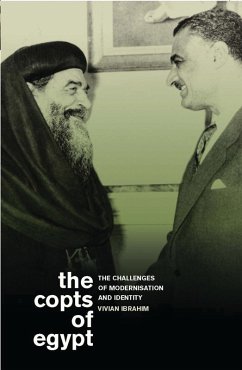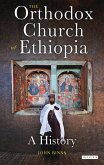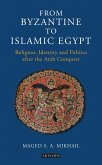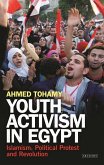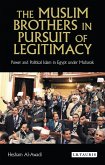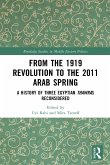The Coptic Christians of Egypt have traditionally been portrayed as a 'beleaguered minority', persecuted in a Muslim majority state and by the threat of political Islam. Vivian Ibrahim offers a vivid portrayal of the community and an alternative interpretation of Coptic agency in the twentieth century, through newly dicovered sources. Dismissing the monolithic portrayal of this community, she analyses how Copts negotiated a role for themselves during the colonial and Nasserist periods, and their multifaceted response to the emergence of the Muslim Brotherhood. She examines reform within the Church itself, and how it led to power struggles that redefined the role of the Pope and Church in Nasser's Egypt. The findings of this book hold great relevance for understanding identity politics and the place of the Coptic community in the fast-changing political landscape of today's Egypt.
Bitte wählen Sie Ihr Anliegen aus.
Rechnungen
Retourenschein anfordern
Bestellstatus
Storno

